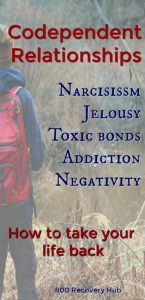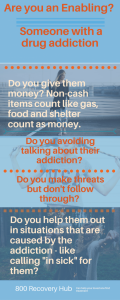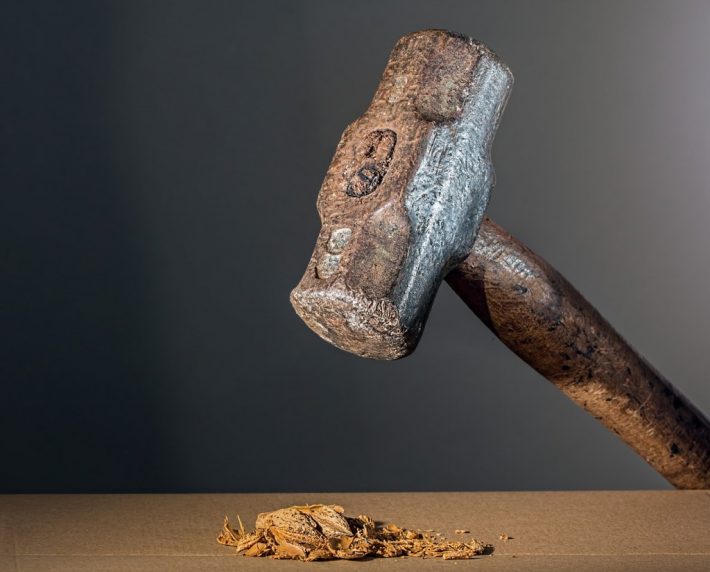Codependency is enabling someone you love
Codependency is sometimes called “relationship addiction”. The definition is broad and varied. The most basic definition is a relational pattern in which a person attempts to derive a sense of purpose through relationships with others (feeling worthless without another person).
Sometimes it is a pattern of behavior in which you find yourself dependent on approval from someone else for your self-worth and identity. Codependency is an overall issue that prevents you from acting in a healthy way, with others. Many times it is a learned behavior that can be passed down from one generation to another.

Codependency can also describe someone who becomes the “caretaker” of an addicted or troubled person. The person can be addicted to alcohol, drugs, or gambling. He or she can be troubled by a physical or mental illness. A codependent can be the person’s spouse, lover, child, parent, sibling, coworker, or friend.
Signs and Symptoms of Codependency
A codependent does these things:
- Enables or allows the person to continue his or her destructive course and denies that the person has a problem.
- Rescues or makes excuses for the person’s behavior.
- Takes care of all household chores, money matters, etc.
- Rationalizes that the person’s behavior is normal by simply letting it take place. The codependent may take part in the same behavior as the addicted or troubled person.
- Acts like a hero or become the “super person” to maintain the family image.
- Blames the person and makes him or her the scapegoat for all problems.
- Withdraws from the family and acts like he or she doesn’t care.
Codependency Causes
A person is more likely to become codependent if he:
- Puts other people’s wants and needs before his or her own.
- Is afraid of being hurt and/or rejected by others. Is afraid of hurting others’ feelings.
- Has low self-esteem or has self-esteem tied to what is done for others?
- Expects too much of himself or herself and others.
- Feels overly responsible for others’ behaviors and feelings.
- Does not think it is okay to ask for help.
Treatment for Codependency
Most codependents do not realize they have a problem. They think they are helping the troubled person, but they are not.
The first step in treatment is to admit to the problem. Self-care and counseling treat codependency. For many people, self-care is not easy to do without the help of a counselor.

Codependency does not just go away. It is a progressive disorder. The good news is that it is treatable.
Changing Codependent Behavior
The first thing is to identify the problems behavior that is hurting the family and enabling the addict. For most people, a trained counselor is going to need to look at these problems.
Even though we come from a position of love and only mean well, as loved ones we can make the addiction worse. Keeping secrets, telling lies and loaning money become a regular way of life. We might also try to control the drug addict by managing their life. This almost always fails, because addiction is not a manageable condition.
Stand Your Ground
Taking a firmer stance might help, but it is often hard to keep up in the long run. You may also have guilt, thinking you are responsible for the addict’s behavior. Forgive yourself and move into the solution. You are not powerful enough to create addiction.
Just like you can’t cause someone to get a brain tumor. Addiction is a disease. Therapy will teach family members new, more productive patterns that help reduce the risk of the addict relapsing in the future.
Providing addicts and family members with communication skills required to have more honest, open conversations with each other will do wonders.
If you think you have a codependency issue and you want to get help, call us right now! If you know someone who is suffering from drug addiction, check out our rehab guide. In any case, we would love to hear from you.
